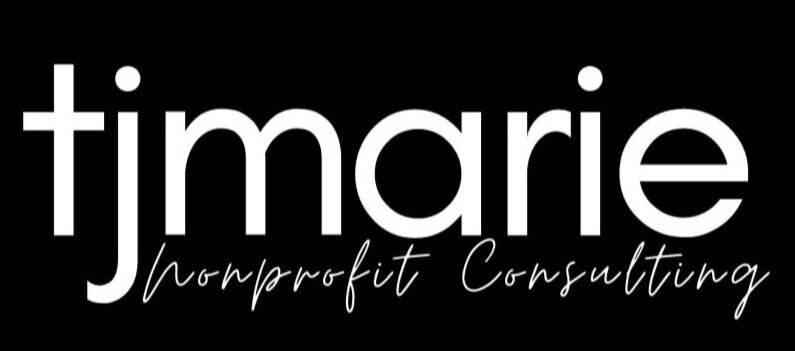Writing a Compelling Case for Support
“Why are you raising money?” It’s one of the first questions we ask in introductory conversations with new potential nonprofit partners. It’s simple. I want to know if there’s a clear purpose for the organization’s philanthropic goals and whether it can be verbally conveyed with clarity and conviction.
Sometimes the answer is clear. The nonprofit organization has readily defined its case and can even send it to me in a written document. However, the needs are often expressed from a passionate but general and internal perspective that wouldn’t be clear to an external party.
That’s where we come in. We help an organization define its case for support so its staff can better communicate with existing and potential donors.
Unclear response: “We’re raising money because our services are needed to support the unhoused population in our community. We are a small organization and need money to keep growing!”
The reason to raise money isn’t very clear. As a donor, I wouldn’t be able to draw the line from my dollar to the impact it would make.
Better response: “We’re raising $500,000 to fund a capital project to add 3,000 square feet to our existing building. Today we, unfortunately, have to turn away about 15 people each day. This will increase our capacity, adding 1,000 nights of shelter and food to individuals experiencing homelessness in Chicago each year.”
This is a clear reason to raise money. It includes a specific goal amount, a rationale of need, and measurable project impact.
Whether you’re raising money for annual operational support or a multimillion-dollar capital or programming campaign, a well-conceived case for support is necessary to provide clarity both internally and to potential supporters of an organization’s mission or project.
Here are five questions to ask when crafting a winning case for support:
What is the organization, and what need does it currently fill?
What does the organization plan to do in the future?
What will be the impact of these plans?
What resources are required to do it?
What do you want the reader to do about it?
Fill in the details and add any supporting documentation or evidence.
When you have these questions answered, you have the makings of a complete case for support!

